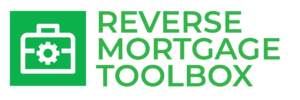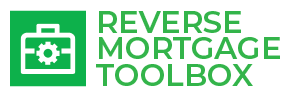Without knowing all the facts, it’s easy to listen to common misconceptions that place reverse mortgages in an unfavourable light. In reality, a reverse mortgage can be an exceptional tool when used as a solution for the right borrower.
The key is to work with a reverse mortgage specialist to determine if this specialized mortgage product makes sense for you.
It’s important to understand that much of the bad news surrounding reverse mortgages comes out of the US. In Canada, it has proven to be an excellent option for many homeowners 55+ who wish to tap into their home’s equity without having to make regular loan payments.
Here are three important reverse mortgage facts to keep in mind:
- You won’t lose your home. A reverse mortgage is actually a great tool to help you keep your home. Policies are designed to protect the homeowner and the lender will never take your home, nor will you ever owe more than the value of your home. To ensure that the balance owing on your reverse mortgage doesn’t exceed the home’s fair market value, the loan has been capped at 55% of the home’s value. As an added safeguard, all reverse mortgage borrowers must seek independent legal advice before being approved, as the product is not recommended for everyone.
- You won’t lose your home equity. Most homes will appreciate in value while you have a reverse mortgage in place. This is because home appreciation rates are higher than interest rates. Home appreciation grows at 100% of the property’s value while the mortgage only covers up to 55%. Since reverse mortgages became available in Canada in 1986, more than 99% of homeowners have had money left over when their loan was repaid. The equity remaining depends on the amount borrowed, the home’s value and the amount of time that has passed since the mortgage was taken out.
- Higher rates are a reasonable trade-off. Because there are no payments required while you remain in your home, reverse mortgage interest rates are higher than conventional mortgages. This is a reasonable price to pay in order to gain access to your home equity without having to make regular payments. The exact rate depends on several factors, including: your age; the loan amount; and your property’s location. Reverse mortgage interest rates have remained around 5-6% in recent years for fixed rates. A variable option is also available.
Do you have questions about whether a reverse mortgage may be the right solution for you or a loved one? Answers are just a call or email away.

